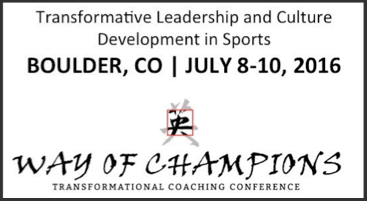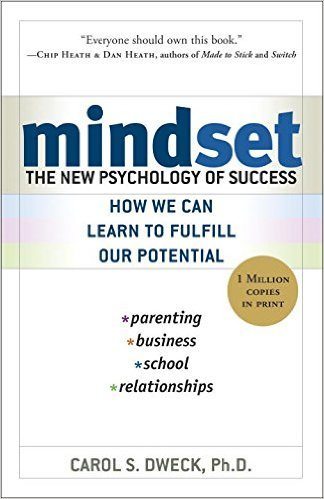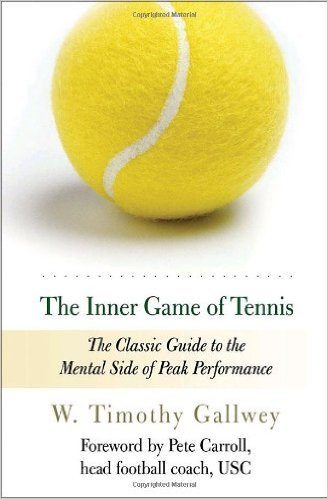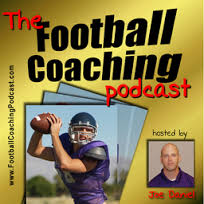April 29, 2016
Achieving Peak Mental Performance – Factor #3: We become what we think about
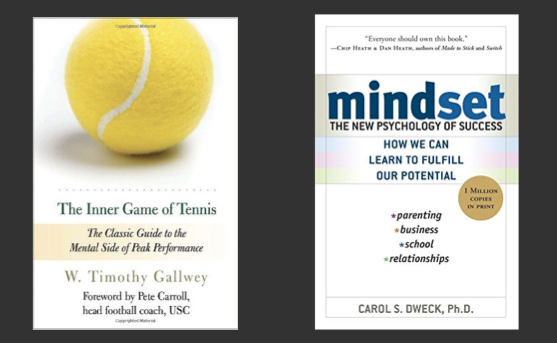 |
- From The Inner Game of Tennis – Have them react as if they hit a perfect shot regardless of the result: Tell them you are going to use your phone to take video of their reaction after the next 5 shots. You are not going to video the shot result itself, you will be at an angle that will only record their reaction. And here is the key – regardless of how they hit the shot – you want them to react as if they are Lebron James (or whatever athlete they will identify with for your sport) and they had just hit the perfect shot to beat their opponent. The interesting observation is how successful their shots will be when they are not putting any importance on the actual result of the shot itself.
- Think about how you frame things: it should be framed as a positive. Don’t say ‘Don’t drop this pass’, instead say: ‘Make a great catch on this pass’
- Sports psychologist Dr. Lindsey Blom teaches on the power of using analogies: Have kids picture themselves as spaghetti noodles – if the child is nervous they may be stiff like uncooked noodles, but if they are relaxed they are loose like cooked noodles. For younger ages – have the kids physically wiggle around and say they are cooked noodles.
- Master self-talk and quiet your mind: My good friend Jenn Starkey from MVP Leadership Academy shared a great video with me with 7 confidence hacks – and #’s 6 and 7 are about visualization and mastering self-talk – check it out.
- Confidence is a choice. My friend Olaniyi Sobomehin, former NFL running back and founder of I’m Not You blog and podcasts – has his kids start each day by looking in the mirror and doing ‘Affirmations’, they call it ‘Prime-time.’ They flex their muscles and tell themselves they are strong, confident, and proud. They also record audio of their affirmations in GarageBand laid on top of their favorite track.



